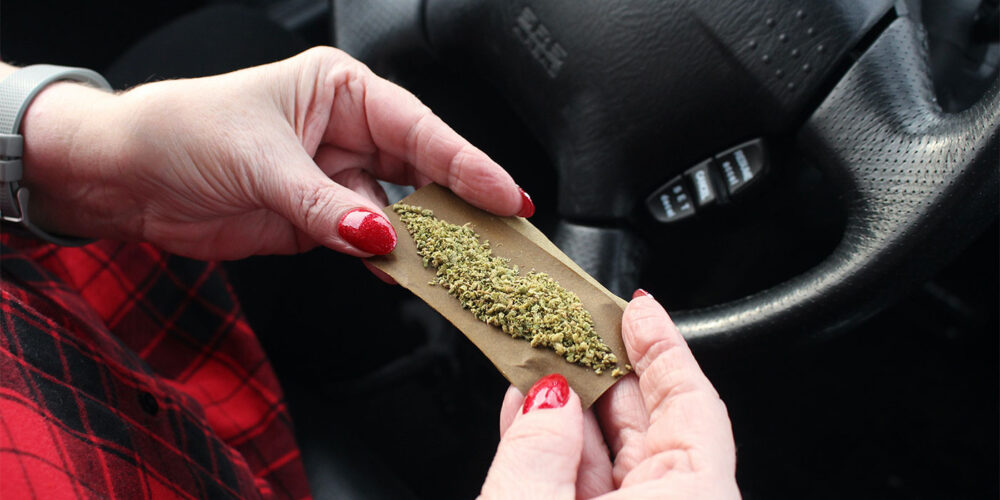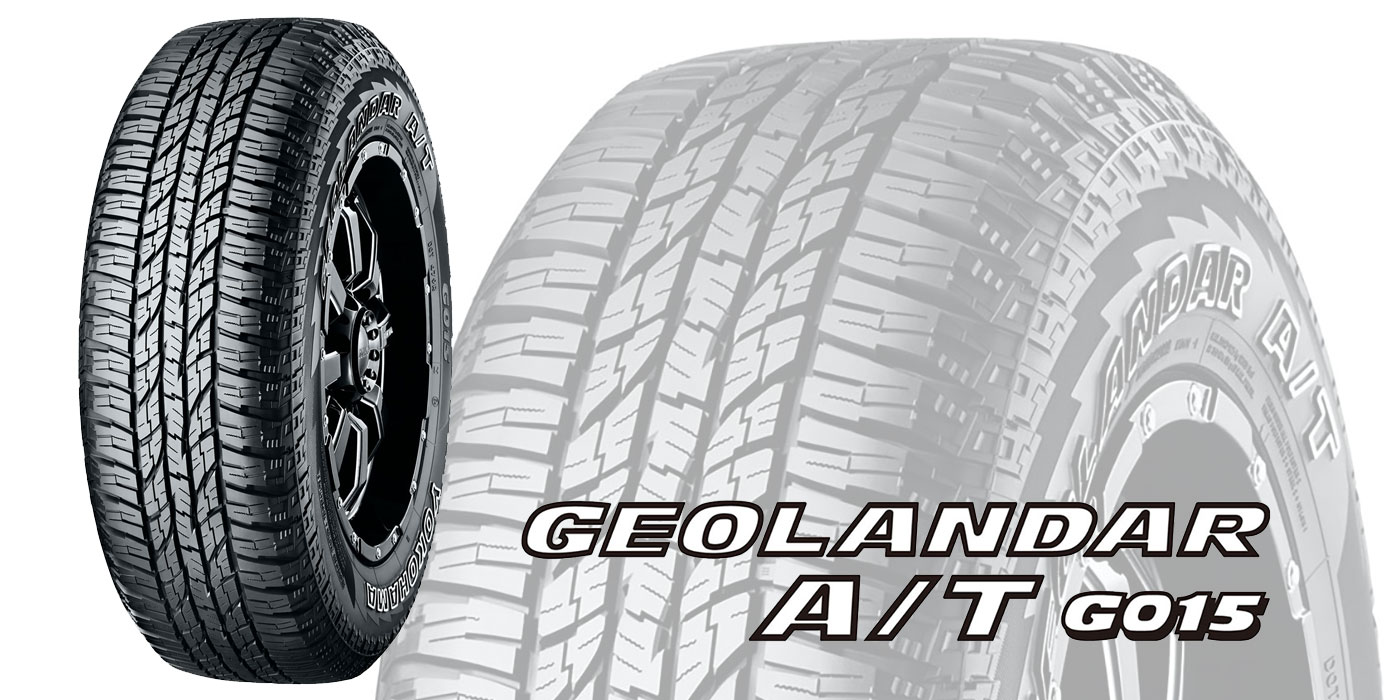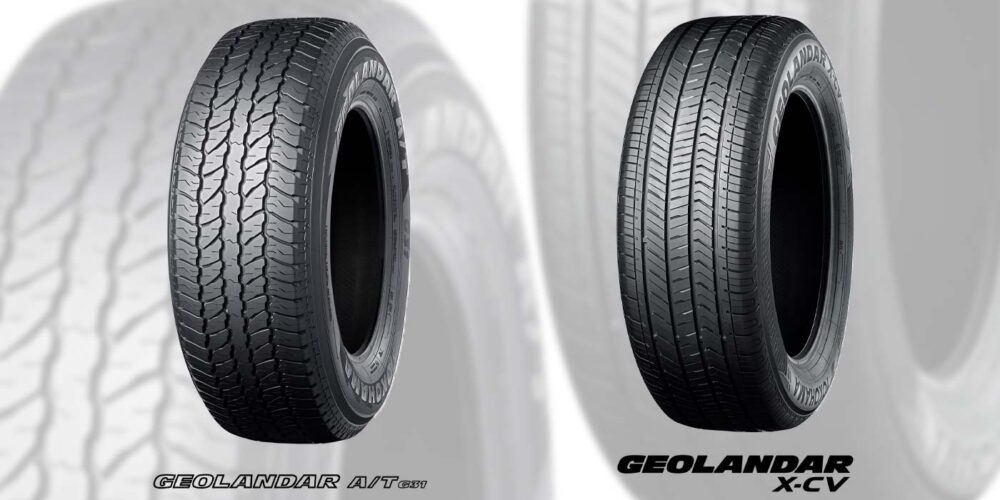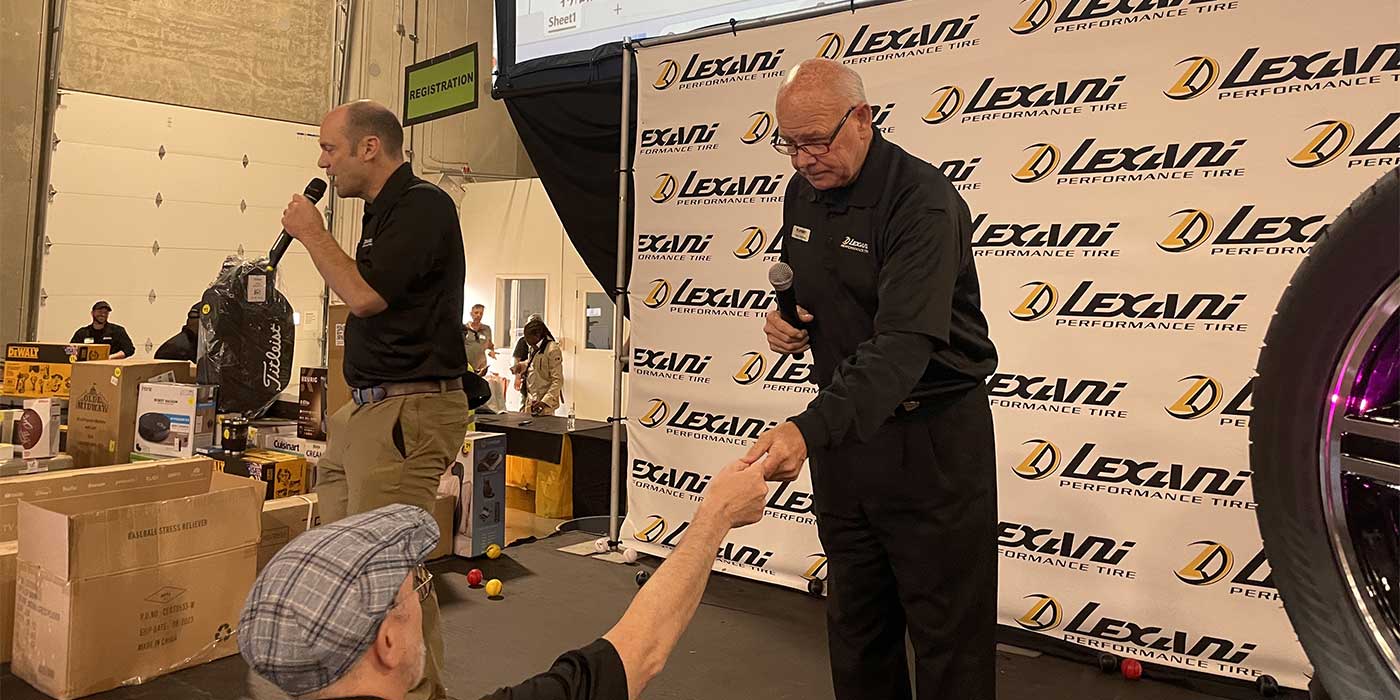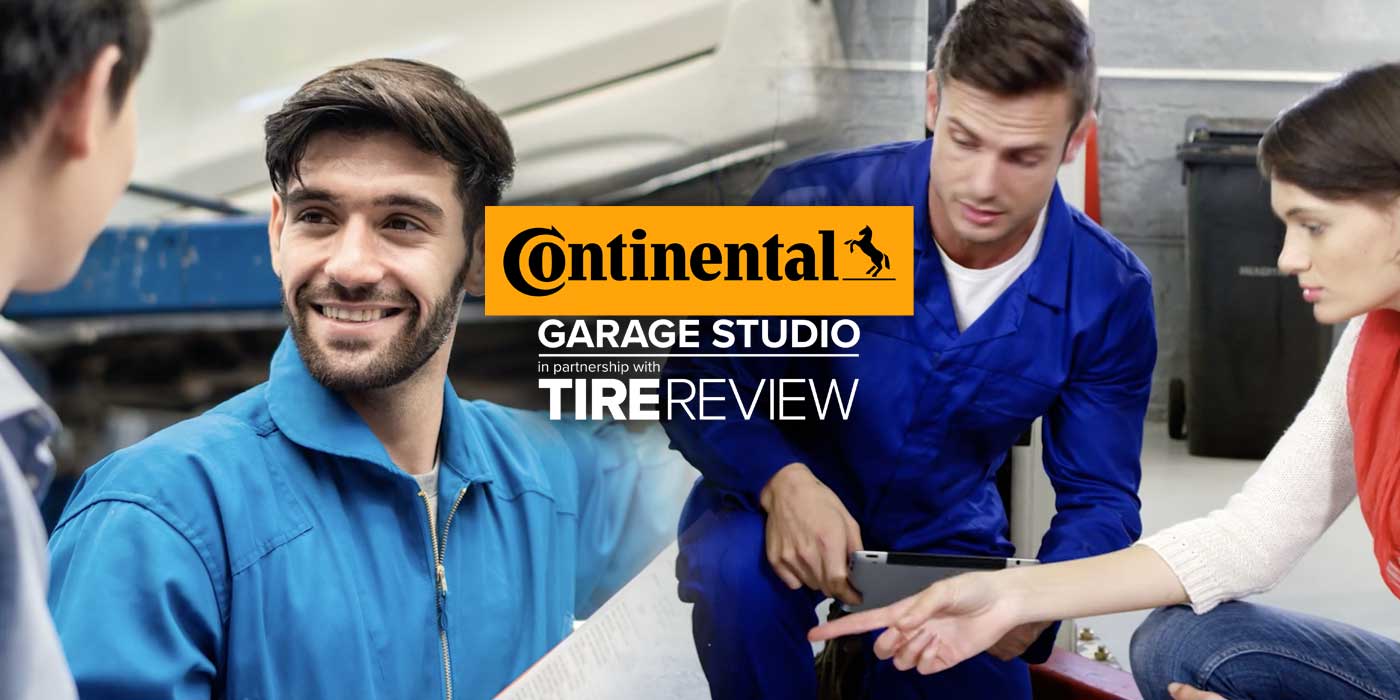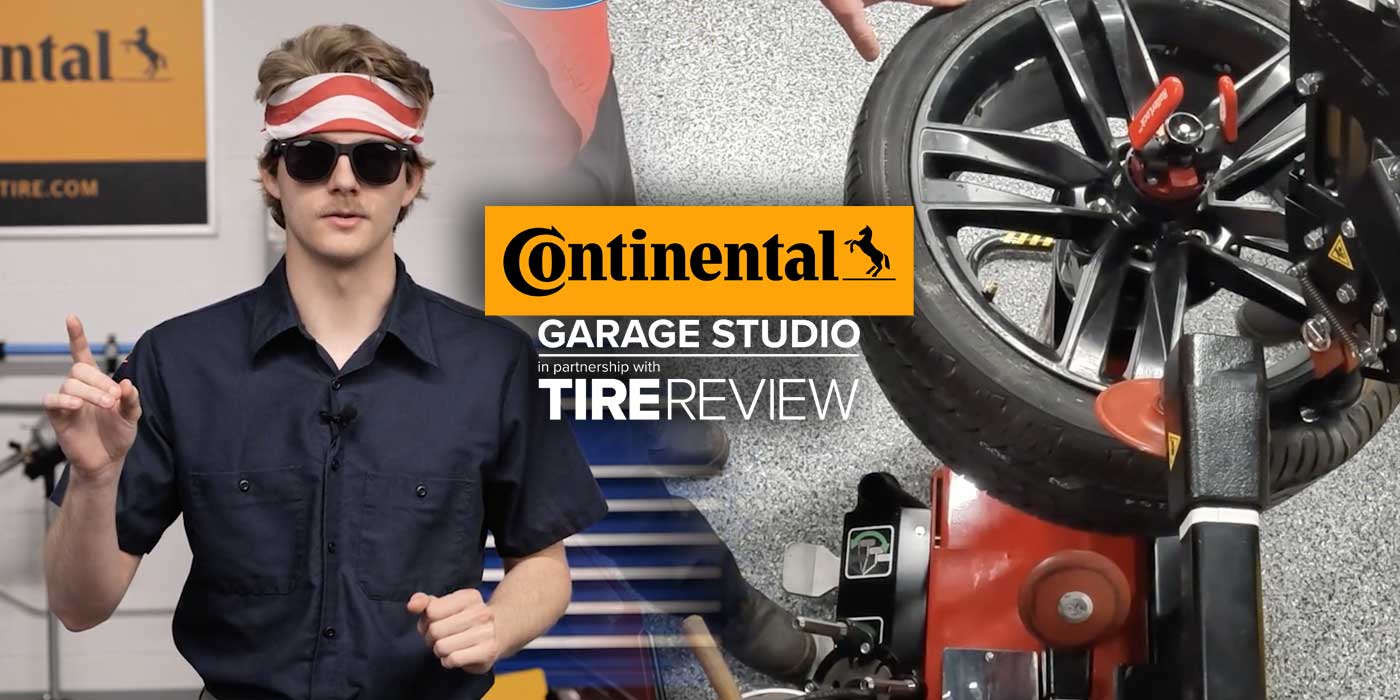As societal attitudes shift and legislative barriers crumble, an intriguing question emerges: How will the automotive sector adapt to the rising tide of legalized cannabis? This evolving scenario closely examines the intersections between two seemingly disparate industries.
From manufacturing to marketing and changes in consumer behavior, we explore the potential impacts on the automotive industry. It’s not just about cars and cannabis; it’s about understanding the intricate threads that tie them together.
So, let’s learn all you need to know about the impact of cannabis legalization on the automotive industry.
The impact of Ohio cannabis legalization on the automotive industry
Ohio’s cannabis legalization will have a minimal direct impact on the automotive industry. The automotive sector focuses on manufacturing vehicles, while cannabis pertains to the legal approval of marijuana use.
However, the cannabis dispensary market demands specialized tires to meet its unique transportation needs. Dispensary delivery vehicles require durable, quiet, smooth-handling tires to navigate urban areas discreetly.
The cannabis dispensary market presents unique tire requirements due to its specific operational needs. Dispensaries often require discreet and secure transportation for their products.
Delivery vehicles need tires that offer durability, low noise, and smooth handling to navigate urban environments safely. Plus, since cannabis is a sensitive product, maintaining a consistent and controlled temperature during transportation is crucial.
Tires that can withstand varying weather conditions become essential to ensure the quality and integrity of the products.
Safety in the automotive industry because of cannabis
Unlike an alcohol breath test, there’s no way to find out if someone is driving while being high.
One notable aspect is the growing concern over impaired driving in the wake of cannabis legalization. With more individuals legally accessing cannabis, there’s a heightened awareness of potential risks on the road.
This has prompted the automotive industry to reassess and enhance safety measures. Vehicles now incorporate collision avoidance systems, lane departure warnings, and adaptive cruise control to enhance road safety.
Manufacturers are investing in advanced technologies to develop reliable impairment detection systems, addressing the challenges posed by cannabis use and its impact on driving capabilities.
While the direct impact on vehicle manufacturing may seem subtle, the broader economic effects of cannabis legalization in Ohio also play a role. The cannabis industry contributes to job creation, tax revenue, and economic growth.
As the cannabis market expands, we can expect an influx of logistics towards legalized states. For example, Ohio may see a rise in cannabis suppliers through interstate transportation to meet the demands of cannabis dispensaries.
Stringent vehicle inspections
Stringent vehicle inspections are imperative to ensure road safety and environmental compliance. Thorough inspections verify the proper functioning of critical components, such as brakes, lights, and emissions systems, minimizing the risk of accidents and reducing harmful environmental impacts.
Regular checks also detect potential issues early, preventing mechanical failures that could lead to accidents. Stringency in inspections promotes overall vehicle reliability, contributing to a safer and more sustainable transportation ecosystem.
These measures support regulatory compliance, fostering a culture of responsible vehicle ownership and operation, ultimately enhancing the safety and well-being of both drivers and the broader community.
Enhanced safety protocols for cannabis-related transportation
Taking care of the secure transportation of cannabis necessitates enhanced safety protocols. Delivery vehicles must adhere to strict guidelines to prevent theft and maintain product integrity.
Robust security measures, such as GPS tracking, surveillance systems, and secure compartments, safeguard drivers and valuable cargo. Compliance with state regulations and adherence to designated routes further mitigate risks.
Training drivers in safety protocols and emergency procedures is paramount. The cannabis industry not only protects its assets but also contributes to overall public safety, establishing a responsible and secure framework for the transportation of cannabis products.
The need for cannabis insurance
As the cannabis industry continues to grow, the need for cannabis insurance becomes increasingly critical. Given the unique challenges and risks associated with the cultivation, distribution, and sale of cannabis products, traditional insurance may not adequately cover these specific aspects.
Cannabis businesses face potential liabilities ranging from crop loss due to theft, fire, or natural disasters to product liability concerns related to quality and safety. Cannabis insurance provides essential coverage tailored to the industry’s nuances. Crop insurance helps mitigate financial losses due to unforeseen events impacting cultivation.
Product liability coverage safeguards businesses against legal claims arising from product-related issues, ensuring financial protection in the event of consumer harm. Property and equipment insurance offers protection against damage to facilities and valuable equipment used in cannabis production.
The bottom line
While direct connections may seem minimal, there are noteworthy indirect influences to consider. The rise of cannabis legalization has sparked discussions around impaired driving, necessitating advancements in automotive safety technologies and regulatory frameworks.
As more states adopt cannabis legalization, the automotive industry must adapt to evolving safety standards, emphasizing the development of reliable impairment detection systems.
The cannabis dispensary market introduces unique demands for transportation, prompting innovations in vehicle design and tire technology. The automotive sector’s ability to meet these specific needs demonstrates its adaptability and responsiveness to diverse market requirements.
Isaac Bock is managing director at AlphaRoot.

